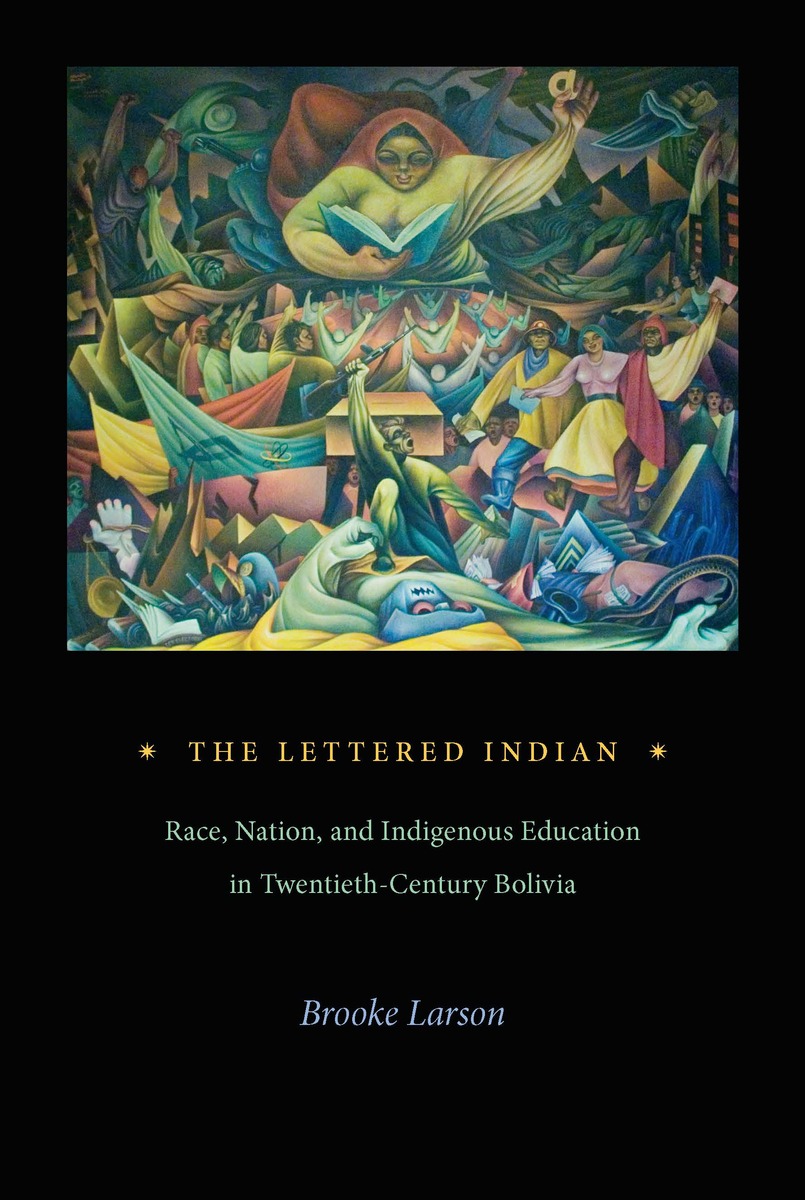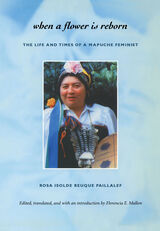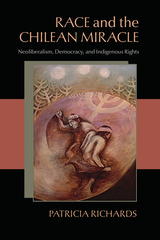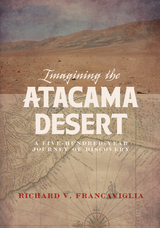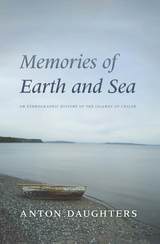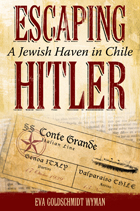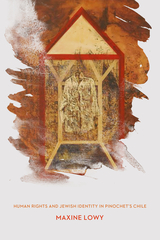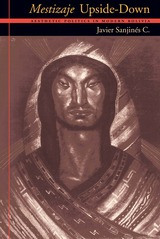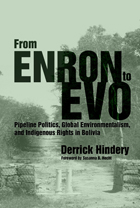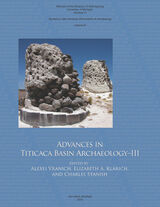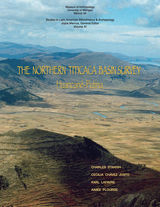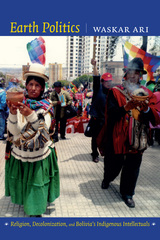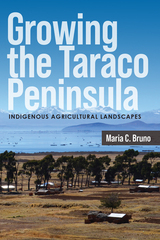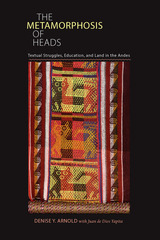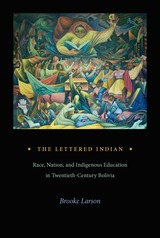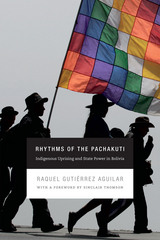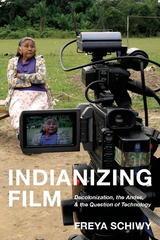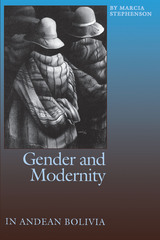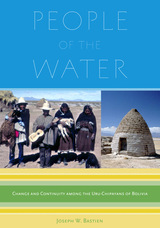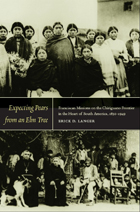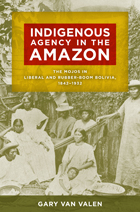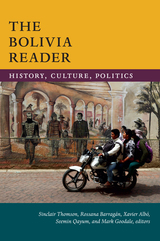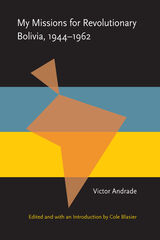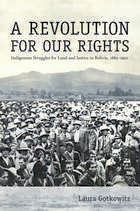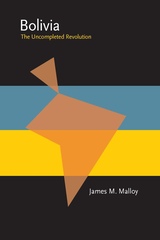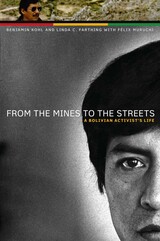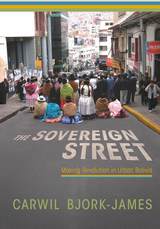The Lettered Indian: Race, Nation, and Indigenous Education in Twentieth-Century Bolivia
Duke University Press, 2024
Cloth: 978-1-4780-2065-3 | eISBN: 978-1-4780-2756-0 | Paper: 978-1-4780-2546-7
Library of Congress Classification F3320.1.E4L377 2024
See other books on: Aims and objectives | Bolivia | Indians of South America | Larson, Brooke | Nation
See other titles from Duke University Press
Cloth: 978-1-4780-2065-3 | eISBN: 978-1-4780-2756-0 | Paper: 978-1-4780-2546-7
Library of Congress Classification F3320.1.E4L377 2024
ABOUT THIS BOOK | AUTHOR BIOGRAPHY | REVIEWS | TOC | REQUEST ACCESSIBLE FILE
ABOUT THIS BOOK
Bringing into dialogue the fields of social history, Andean ethnography, and postcolonial theory, The Lettered Indian maps the moral dilemmas and political stakes involved in the protracted struggle over Indian literacy and schooling in the Bolivian Andes. Brooke Larson traces Bolivia’s major state efforts to educate its unruly Indigenous masses at key junctures in the twentieth century. While much scholarship has focused on “the Indian boarding school” and other Western schemes of racial assimilation, Larson interweaves state-centered and imperial episodes of Indigenous education reform with vivid ethnographies of Aymara peasant protagonists and their extraordinary pro-school initiatives. Exploring the field of vernacular literacy practices and peasant political activism, she examines the transformation of the rural “alphabet school” from an instrument of the civilizing state into a tool of Aymara cultural power, collective representation, and rebel activism. From the metaphorical threshold of the rural school, Larson rethinks the politics of race and indigeneity, nation and empire, in postcolonial Bolivia and beyond.
See other books on: Aims and objectives | Bolivia | Indians of South America | Larson, Brooke | Nation
See other titles from Duke University Press
